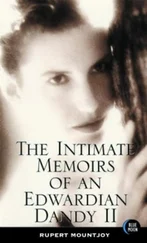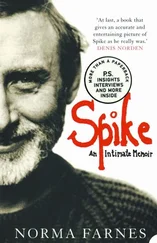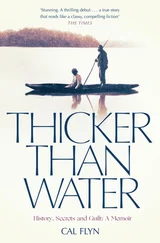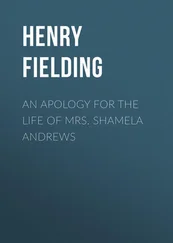ON MONDAY, OCTOBER 15, Prime Minister Ahmed Ben Bella of Algeria came to the White House and was given an official arrival ceremony on the south grounds, complete with military review and herald trumpets. Mrs. Kennedy was not scheduled to participate, but she wanted John to witness the ceremony, and all the pageantry, with his father performing his duties as the President of the United States—and she wanted to do so in a very low-key, unobtrusive way. John, now nearly two years old, was fascinated by the military. He loved the uniforms, the marching, and the weapons. So Mrs. Kennedy called Miss Shaw and asked her to bring John down to the area of the Rose Garden near the president’s office.
“Come, John,” she said as she lifted him up into her arms. “Let’s go watch the ceremony. You can see all the military men in their uniforms.”
John’s eyes were wide as he saw the procession gathering, the row of colorful flags representing the various military units, and the two countries. I walked alongside Mrs. Kennedy as she carried him to a spot just behind a hedge. She was holding him up high enough so he could see, while keeping the two of them somewhat hidden from plain view, and John was filled with questions.
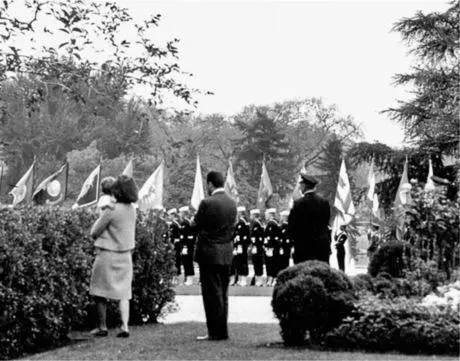
Mrs. Kennedy, John, and Clint Hill watch ceremony from behind bushes
“What’s that? Why are they doing that? What are all those flags? Put me down.”
Mrs. Kennedy set him down and squatted next to him. When she couldn’t answer the questions, she turned to me and said, “Mr. Hill surely knows, don’t you Mr. Hill?”
So I squatted down and tried to explain to young John what all the pageantry was about.
Mrs. Kennedy understood that their time in the White House was a privilege, and even though John and Caroline were so young, she made every effort to include them in these types of historic events so they would have a better understanding of what their father did.
ALSO AT THIS time, President Kennedy’s father came for a rare visit to the White House. Mrs. Kennedy had arranged for him to sleep in the Lincoln Bedroom and had set aside most of Tuesday, October 16, to spend with him, so I had anticipated a quiet day in which I could catch up on things in my office, a small corner of the Map Room on the ground floor of the White House, directly across from the elevator that went to the residence. On the morning of October 16, National Security Advisor McGeorge Bundy showed up before the president had come down from the residence. A Secret Service agent escorted Bundy to the elevator and up he went.
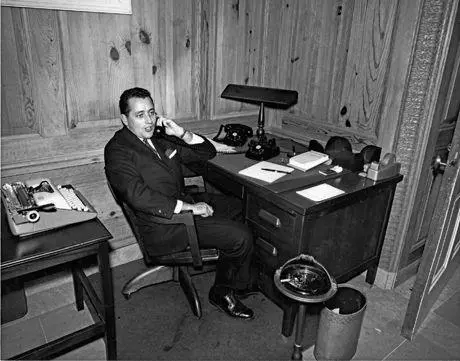
Later, I would learn the reason for Bundy’s unusual early morning visit to the president’s bedroom: A U-2 spy plane had taken aerial photographs of Cuba’s military bases, which showed that nuclear missiles were installed on launchpads. The intermediate-range missiles were being brought to Cuba on Soviet ships, and now there was photographic evidence that Khrushchev’s claim of only having defensive weapons was nothing less than a lie. The Soviets had just turned up the heat in the Cold War, eighty miles from the coast of Florida, and the ramifications were terrifying.
The Secret Service had well-established plans to protect the president, his family, and key members of the government in the event of an emergency or a major catastrophe. Whether we would go to the bomb shelter on-site at the White House or relocate to an undisclosed site outside the metropolitan area would be determined by the threat and the actual situation. This was not something I had ever discussed with Mrs. Kennedy, however. I decided I needed to have a frank talk with her about our procedures, in case the unthinkable were to happen. When Mrs. Kennedy emerged from the private residence on Wednesday, October 17, I asked her to come into my office, and shut the door behind us.
“Mrs. Kennedy, I’m sure you are aware of the situation that has developed regarding the Soviet Union, Cuba, and the United States, right?”
“Yes, Mr. Hill. The president has discussed it with me.”
“Well, I know this is a terrible thing to have to talk about, but I think it’s important that I let you know what the Secret Service plans are in the event of an emergency.”
Standing there in front of me, she looked so beautiful—a young wife and mother with the world at her feet.
I reached out my hand and touched her elbow.
“You know about the bomb shelter here, under the White House. I know that J. B. West gave you a brief tour of the facility a few months ago . . .”
I just had to state the facts.
“In the event . . . a situation develops . . . where we don’t have time to leave the area, we would take you and the children into the shelter for protection.”
Before I could explain any further, she pulled away from me, in what can only be described as defiance, and said, “Mr. Hill, if the situation develops that requires the children and me to go to the shelter, let me tell you what you can expect.”
She was looking me straight in the eyes. She lowered her voice, into a deep whisper, and with complete and utter conviction said, “If the situation develops,” she repeated, “I will take Caroline and John, and we will walk hand in hand out onto the south grounds. We will stand there like brave soldiers, and face the fate of every other American.”
I was not completely surprised by her response, but hearing her say it out loud made me realize what I would have to do, should we get to the point that moving her and the children into the bomb shelter was the directive.
I knew then and there that, should that occasion arise, she may or may not have forgiven me, but I would have picked her up, wherever we were, and into the shelter we would have gone. As long as I was responsible for her protection, nothing else mattered.
But instead I said, “Well, Mrs. Kennedy, let’s just pray to God that we will never be in that situation.”
DURING THE NEXT few days the situation was very tense. The president and Mrs. Kennedy tried to maintain a regular schedule to make everything appear normal. The president traveled to Bridgeport, Waterbury, and New Haven, Connecticut, returning the same day. At the White House, he would pop in and out of the Cabinet Room, where the National Security Council’s Executive Committee, or ExComm, was secretly meeting, and at one point he had a meeting with Foreign Minister Andrei Gromyko and Ambassador Anatoly Dobrynin of the USSR.
On Friday, October 19, I took Mrs. Kennedy, John, and Caroline to Glen Ora—as was our normal weekend routine when we were in Washington—while the president traveled to Cleveland; Springfield, Illinois; and Chicago.
On Saturday morning, October 20, 1962, Mrs. Kennedy came to me and said, “Mr. Hill, the president just called and he is on his way back from Chicago. He wants the children and me to return to the White House. Will you arrange for a helicopter?”
This was highly unusual, so I knew something must have happened with the negotiations. Why would the president be leaving Chicago early? And why the urgent need for a helicopter when we could easily drive back?
“Of course, Mrs. Kennedy.”
When I called for the helicopter, I found out that indeed the president had left Chicago early—due to a “bad cold.”
I knew damn well the president didn’t have a cold, and never before had he requested Mrs. Kennedy to return to the White House from Glen Ora.
ADDITIONAL PHOTOS AND analysis had concluded that the Soviets were readying fighter jets and bombers and were assembling cruise missile launchers. Additionally, there was evidence that SS-5 missiles were being assembled, which were capable of reaching anywhere in the continental United States. President Kennedy decided it was time to alert the American public that we were facing a chilling crisis. There was no more time for discussion. He had to make a final decision on military options. On Monday evening, October 22, from his desk at the Oval Office, the president appeared on live television and radio and somberly laid out the indisputable evidence that had been gathered over the past six days. In the seventeen-minute address he gave Khrushchev an ultimatum to “halt and eliminate this clandestine, reckless and provocative threat to world peace and to stable relations between our two nations” or else the United States would, justifiably, take military action.
Читать дальше




